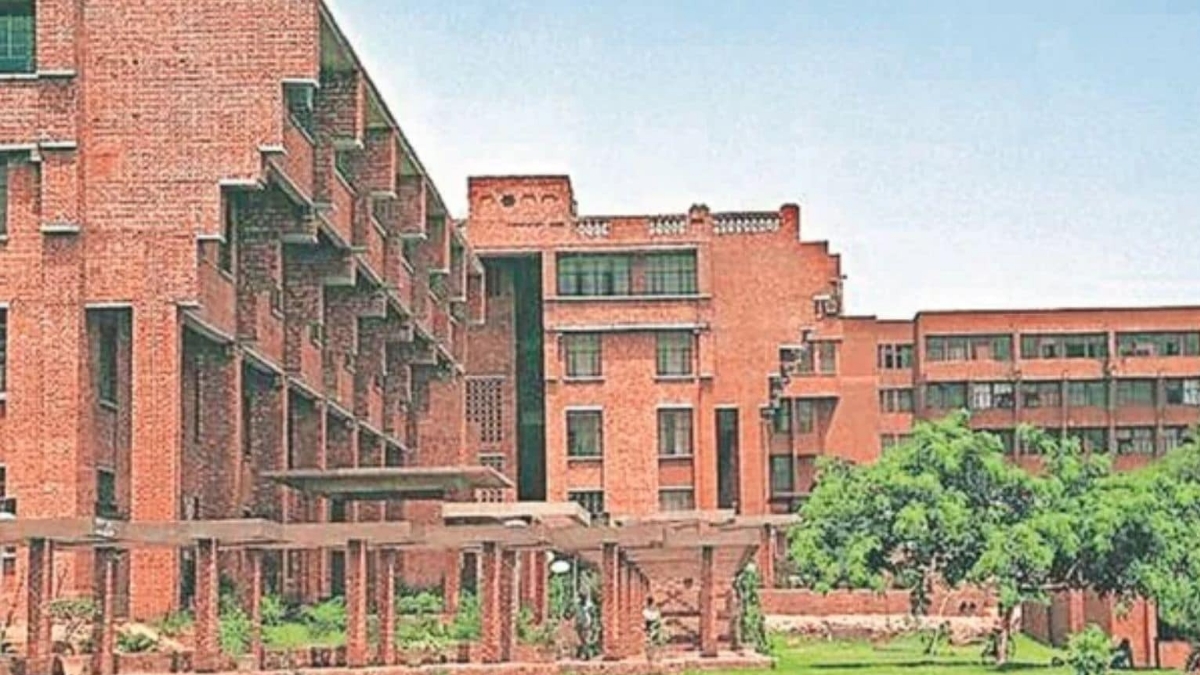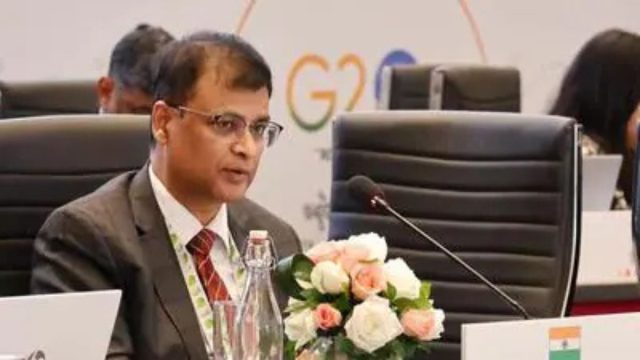The teachers’ association has objected to Jawaharlal Nehru University’s decision to fire a probationary faculty member for allegedly using unapproved time off and performing poorly. Officials claim that the Executive Council discussed the issue at its most recent meeting and decided to terminate the academic member’s employment.
“The Council reviewed the entire set of documents, including the Report of the Committee, show cause notice, response to show cause notice, and other related documents,” the meeting minutes stated.
“The Council further noted that the Assistant Professor’s service is still on probation because of his subpar performance. Following careful consideration of the situation, the Council decided to immediately remove [the Assistant Professor] from the University’s employment in accordance with the regulations.”
According to university sources, the dismissal was consistent with probationary appointment service requirements. The probationer was absent without permission. “How can you take a 51-day leave of absence without telling anyone or getting official permission?”
A senior official stated, “Action is taken because the probationer’s actions violate the contract of appointment.” According to reports, the faculty member who was hired by the School of Social Sciences took a lengthy leave of absence while on probation without getting permission from the university’s administration.
However, the ruling was challenged by the Jawaharlal Nehru University Teachers’ Association, who said it was unreasonable. The group claimed in a statement that the action disregarded due process and that there were alternative ways to resolve the issue. Such measures could “create an atmosphere of fear and insecurity” among faculty, especially those on probation, it cautioned.
The association stated that it hopes the JNU faculty will use this as just one more reason to stand up for a young colleague and for the bigger issues pertaining to the university’s future. It also expressed its commitment to making sure the professor receives justice and that the termination order is withdrawn unconditionally. A new wave of disputes regarding accountability and governance at the university has been sparked by the episode between the administration and some faculty members.




